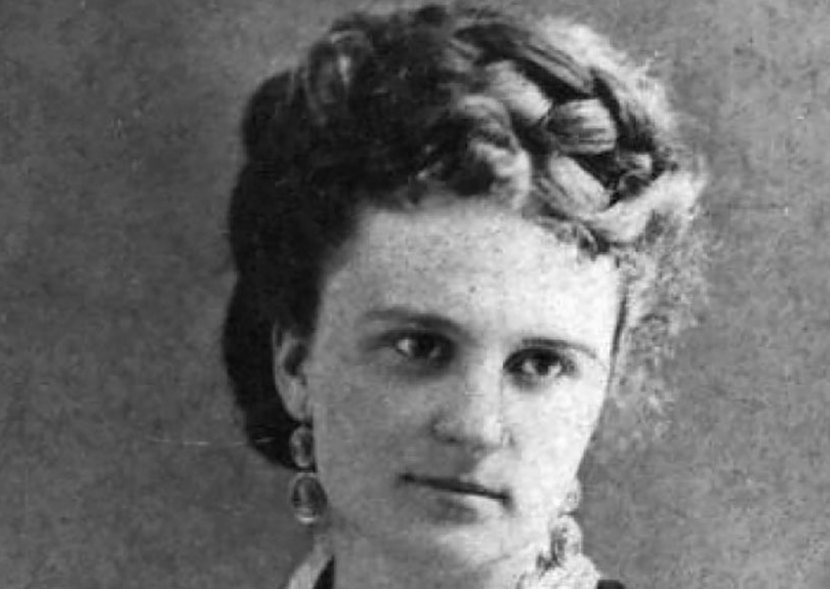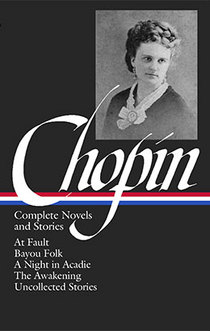
Major works:
“Desiree’s Baby” • “The Story of An Hour” • “The Storm” • The Awakening
“Essentially vulgar”—“Should be labeled ‘poison’”—“It leaves one sick of human nature”: these were some of the critical comments elicited by the publication of Kate Chopin’s novel The Awakening in 1899. There were, of course, some readers who admired the frankness and stylistic beauty of the book, but the increasing audaciousness of her fiction was enough to curtail Chopin’s literary career. Over the course of a decade she had written two novels and dozens of short stories that with growing power and assurance described the world of New Orleans Creoles into which she had married. Taken primarily as a “local color” realist during her lifetime and forgotten for a time after her death, Chopin’s work, The Awakening above all, would in the course of the twentieth century be rediscovered as inspiringly free-spirited and well ahead of its time.
The Story of an Hour
Kate ChopinThere was something coming to her and she was waiting for it, fearfully. What was it? She did not know; it was too subtle and elusive to name. But she felt it, creeping out of the sky, reaching toward her through the sounds, the scents, the color that filled the air.
Now her bosom rose and fell tumultuously. She was beginning to recognize this thing that was approaching to possess her, and she was striving to beat it back with all her will—as powerless as her two white slender hands would have been.
When she abandoned herself a little whispered word escaped her slightly parted lips. She said it over and over under her breath: “free, free, free!” The vacant stare and the look of terror that had followed it went from her eyes. They stayed keen and bright. Her pulses beat fast, and the coursing blood warmed and relaxed every inch of her body.
She did not stop to ask if it were or were not a monstrous joy that held her.
